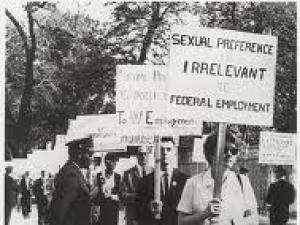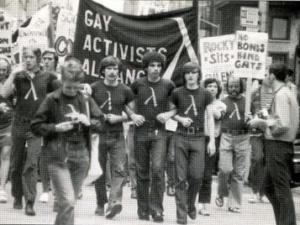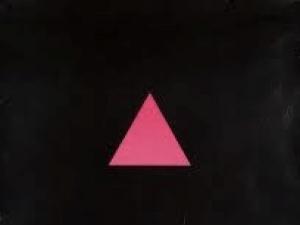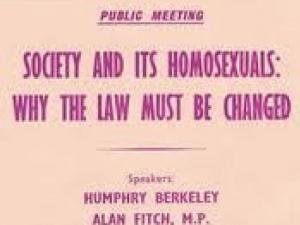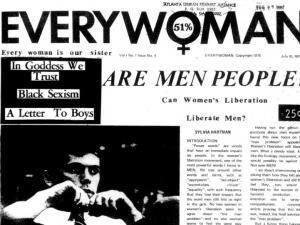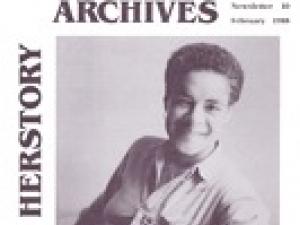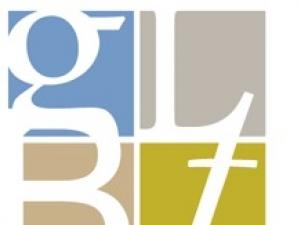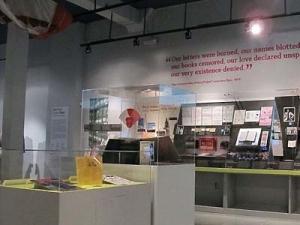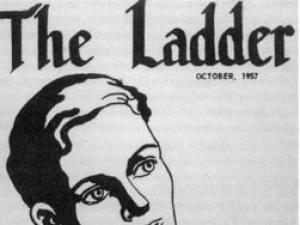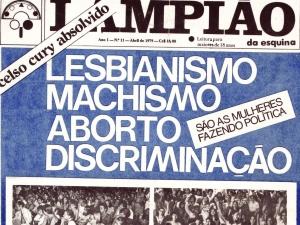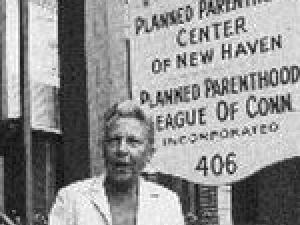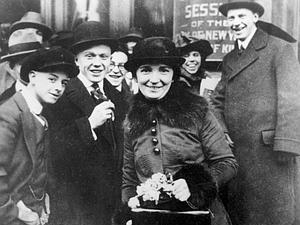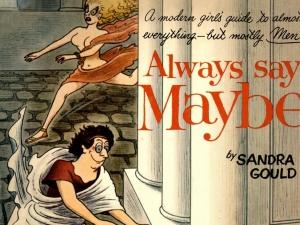The papers of several important LGBT organizations, selected materials from the collections of several community-based LGBT archives, and hundreds of lesbian and gay periodicals from across the globe are available on microform. This page provides a brief guide to the eleven most extensive such microform collections owned by Yale. Yale’s microform collections may be consulted in the Microtext Reading Room in the basement of Sterling Memorial Library. Overviews of the collections are available at: http://microformguides.gale.com/BrowseBySubject.shtml. Scroll down to “Cultural Studies”; go to “Gay Rights Movement” and then the list of eleven series. Detailed finding aids may be found in the Microtext Reading Room.
For location and opening hours of the Microtext Reading Room, go to:http://www.library.yale.edu/libraries/microform.html
